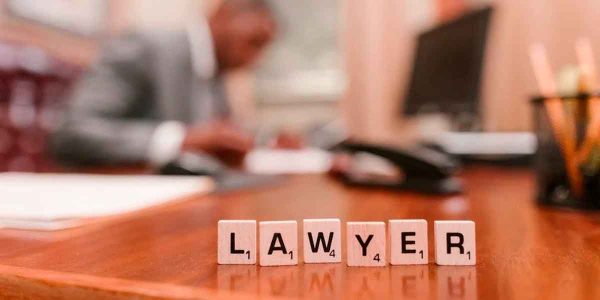Introduction
The term Probate Attorney refers to a probate lawyer. They help non-legal counselor clients to satisfy their responsibility as administrators, individual representatives, or executors of a house. In addition, they help them as the need might arise while they go through the probate interaction. Today, we are discussing the responsibilities of a probate attorney.
The probate interaction incorporates paying the departed individual’s obligations and conveying the home resources according to the will or state regulation. A probate attorney also handles home administration after an individual passes on. For example, they might try to act as an administrator or executive of a home if the individual has no other person to assign.
What are the responsibilities of a Probate Attorney?
For legal advice, the probate attorney was hired; on the other hand, they might employ to handle the assignments. When the executor or head lives out of state, they frequently depend on the nearby probate attorney and their staff.
Some law offices have practical experience in offering complete types of assistance simply for the kind of situation as follows :
- Find, store, and secure the decedent’s legacy, including their savings account and financial records, their belongings (called real property), vehicles and land, etc.
- Secure evaluations for the decedent’s resources
- Deal with the endowment’s checkbook.
- Secure an expense record or work with an in-house record to set up the departed individual’s last personal duty documenting and domain government forms.
- Decide the legitimacy of specific obligations and educate on the installment concerning obligations.
- Plan and record reports expected by a probate court
Responsibilities of Probate Attorney
1. The probate attorney first records the probate request to delegate somebody as the individual representative.
2. He likewise handles any remaining required procedures in court. For instance, he might record or guard a will challenge to conclude who becomes executor. He manages creditors’ cases and pulls out creditors, primary beneficiaries, recipients, and others qualified to get notice of the probate.
3. Following all of the regulatory errands, he plans and documents a request for definite distribution. This appeal reports to the court what the individual representative has done during his term of organization. The last appeal records the primary beneficiaries for the resources and cash that have come into the personal representative’s hands.
4. At last, the attorney asks the court for a request approving and guiding the individual representative to disperse the property as per the details of the will.
5. A probate attorney may also handle subordinate probate if the property is held in another state. Non-probate issues require legal consideration, such as getting, getting, or acquiring installment of extra security and managing things like an installment of annuities.
Types of probate Attorney
There are two types of Probate attorneys: Transactional and Probate Litigators.
Probate litigators help in probate claims, while the transactional probate attorney helps in dealing with the authoritative probates. In addition, some legal counselors have expertise in two fields or one region.
Transactional attorney:
Transactional attorneys work with the accommodation of the last will and demise authentication. On the off chance that decedents pass on, leaving no Will, transactional attorneys are expected to name a domain agent and aid the mechanics of settling the bequest.
When primary beneficiaries squabble over the decedent’s Wills or, on the other hand, on the off chance that they sued the home during the probate interaction, the domain recruits a probate legal counselor to safeguard them and what’s left behind by the deceased. The attorney can likewise resolve contentions between relatives. A few legal counselors handle the two kinds of cases.
Probate litigator:
A probate litigation attorney or Probate litigator refers to a lawyer who deals with the legal proceedings associated with contesting a will, questioning a trust, looking for a review for a break of guardian obligation, calming title to a property, getting the property that was unjustly taken, tending to insufficiency or unjustifiable impact issues, or handling a tortious obstruction with the expected legacy claim.
Generally, a probate litigation attorney is a preliminary legal counselor who knows about wills, trusts, and bequests, arranging issues, and the court processes engaged with challenging a choice and questioning faith.
Conclusion
Hiring a probate Attorney is very advantageous during Probates. Especially for those who lost their loved ones and couldn’t carry out all the paperwork for the probate. Due to a lack of knowledge and having remaining family members to take care of.







